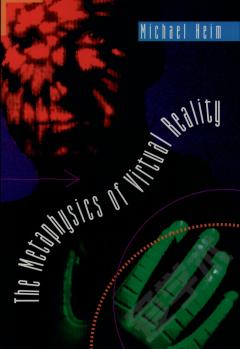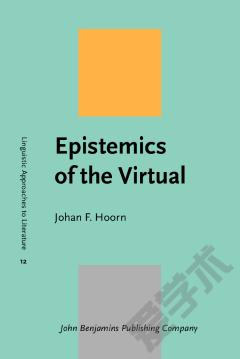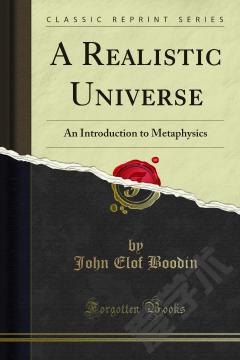The Metaphysics of Virtual Reality
Computers have dramatically altered life in the late twentieth century. Today we can draw on worldwide computer links, speeding up communications by radio, newspapers, and television. Ideas fly back and forth and circle the globe at the speed of electricity. And just around the corner lurks full-blown virtual reality, in which we will be able to immerse ourselves in a computer simulation not only of the actual physical world, but of any imagined world. As we begin to move in and out of a computer-generated world, Michael Heim asks, how will the way we perceive our world change? In The Metaphysics of Virtual Reality, Heim considers this and other philosophical issues of the Information Age. With an eye for the dark as well as the bright side of computer technology, he explores the logical and historical origins of our computer-generated world and speculates about the future direction of our computerized lives. He probes the notion of "cyberspace," virtual reality (the computer-simulated environments that have captured the popular imagination and may ultimately change the way we define reality itself), and discusses such topics as the effect of word-processing on the English language, and the new kind of literacy promised by Hypertext. Vividly and entertainingly written, The Metaphysics of Virtual Reality opens a window on a fascinating world that promises--or threatens--to become an integral part of everyday life in the twenty-first century.
{{comment.content}}








 京公网安备 11010802027623号
京公网安备 11010802027623号